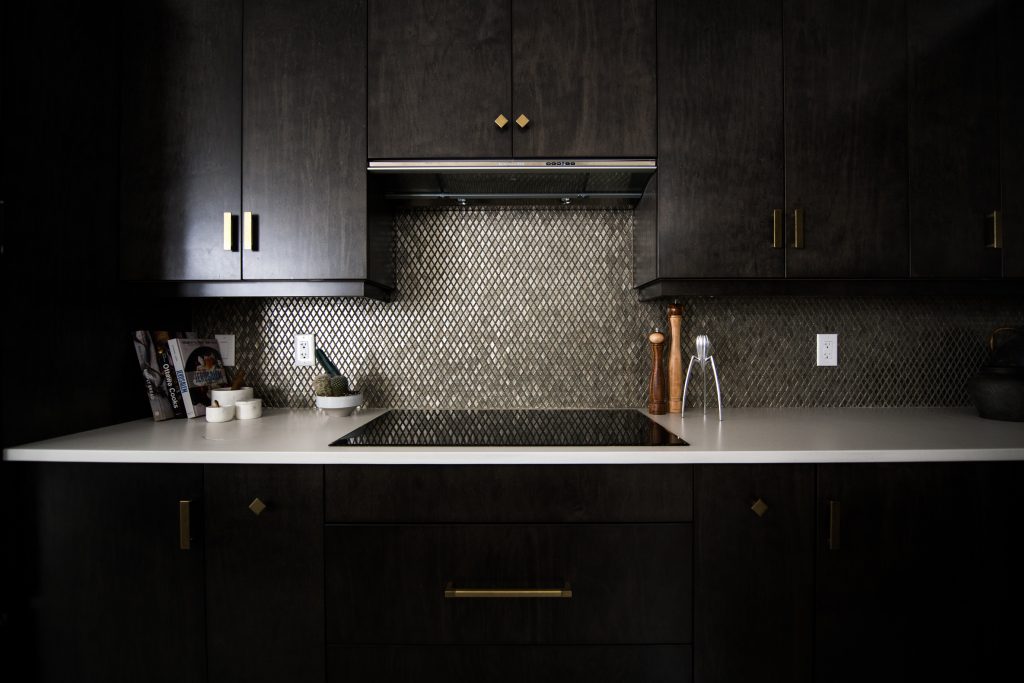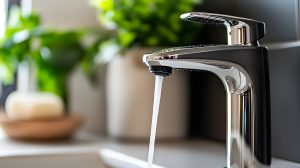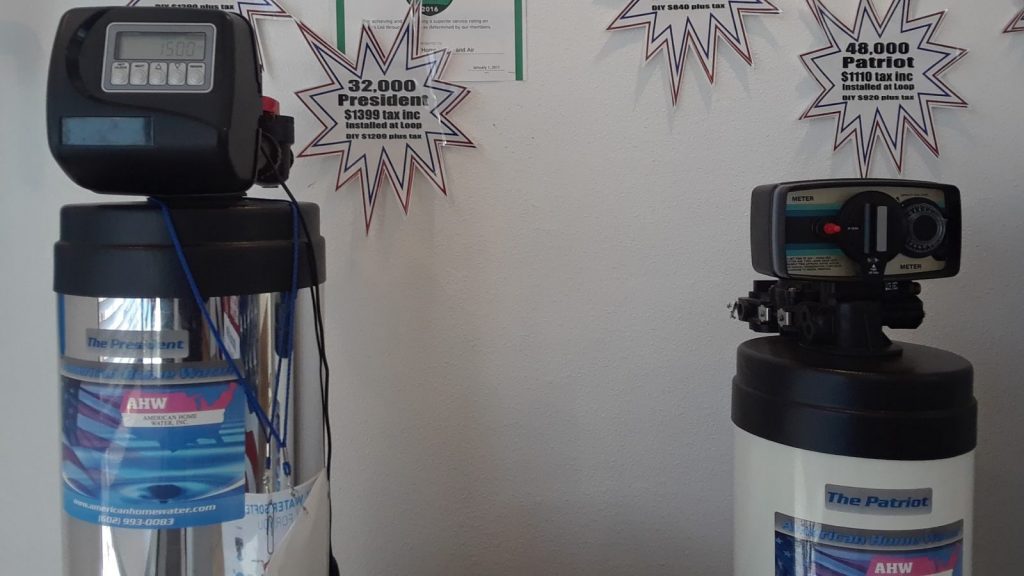Hard water can be difficult to deal with. While it is not a major health concern, it can cause skin irritations. Also, hard water corrodes your plumbing system leading to the leach of toxic metals and chemicals into your water. Remember that ‘icky’ feeling after every shower and the feel of stiff clothes even after a few washes? Definitely not how you imagine living for the rest of your life.
Luckily, hard water issues can be solved. However, choosing the best hard water solution is not so easy. If you are looking for hard water softeners, here are some questions to ask a water softener company before making that purchase.
- What causes water hardness?
Understanding the cause of hard water is the initial step towards solving the problem. Hard water occurs when amounts of dissolved calcium and magnesium are present in water. When water washes over Calcium Carbonate (CaCO3) and Magnesium Carbonates (CMgo3), it dissolves and carries positively charged magnesium and Calcium ions. The result is a reaction between water, soap or other detergents that cause scum. Other minerals that cause water hardness include Iron, Aluminum, Zinc and Copper.
- What are the effects of hard water in my home?
Like we mentioned, hard water contains high levels of calcium and magnesium. As such, the hardness varies depending on your area, which also translates to the intensity of the effects in your home.
One of the major effects of hard water in your household is the presence of soap scum. Scrubbing showers, faucets and even sinks for long periods can get tiring. You may also have scale build-up on plumbing fixtures, scum on silverware, dishes, glassware and even in the bathroom. This can be hard to clean up and often requires lots of detergents.
Another effect of hard water is the use of soap and detergents with little or no lather. This means that you get to spend lots of soap or even shampoo to create the preferable lather, which ends up being more time-consuming and expensive. Have you taken a look at your laundry? You may notice that your favourite white shirt is no longer as striking after a few washes. With time, hard water makes laundry dull. And due to the mineral build-up, the life expectancy of your fabrics and clothes is potentially reduced.
Your appliances may also start to wear out due to the scale-build-up, not to forget the scale build-up on your plumbing fixtures, which necessitates frequent plumbing repairs.
- Should I test the water before purchasing a softener?
Yes. It is vital to know the level of water hardness before purchasing a water softener. If your water is supplied by the municipal water company or an independent water provider, you can request the results of their water test. But if the water is supplied privately, you should test the water hardness level and the presence of other impurities via home test kits or a water testing company. If you have a well, check for mineral content, nitrates, lead, and even bacteria.
Carrying out a water hardness test not only lets you know of the level of hardness but also the presence of chemicals and other impurities in the water. This ensures that you find the right softener for your household. It also lets you know whether you need water filtration added to your water system based on the level of impurities detected.
- What factors determine the ideal water softener for my household?
The size and type of water softener is not a one-size solution. It varies based on the needs of every household.
The first thing that your specialist will consider is the level of water hardness and water quality. This refers to the volume of magnesium and calcium, often reported in grams per gallon or milligrams per litre, that is dissolved in the water. This information will be available after a water hardness test.
Water consumption in your household is another factor that comes into play. The water consumption rate per household can be calculated based on the monthly water bill. A water softener that is too small means that you will frequently run out of soft water, require more maintenance, and even reduce the service life. This does not mean that getting a water softener that is too large is safe either.
What is the regeneration frequency of the water softener system? If you purchase an undersized softener, it will regenerate more often making the chemical components overwork. This in turn reduces the lifespan of the system.
- How long will the water softeners last?
Water softeners are worthwhile investments. However, just like any other appliances or device, they can only last so long. Eventually, they may present electrical problems, breakdown of components, or even complete system breakdown. If well maintained, your water softener can last long. Most water softeners have a 10- 15 years lifespan. After the lapse of this period, common breakdowns may be an indicator of a needed replacement.
The lifespan of a water softener depends on the use as well as the quality of water in a household. Softening extremely hard water may reduce the lifespan of your water softener. However, this does not mean that regular care and maintenance should be ignored.
You need to be keen on tell-tale signs that the water softener is not performing optimally. For instance, if you notice a reduction in the amount of lather, skin irritations or a different taste of water, then you need to have it checked or replaced.
Luckily, you can prolong the lifespan of your water softener by changing the filter, adding the regenerant when it runs out, and removing the hardened salt bridges when adding salt. However, regardless of how often you undertake maintenance, you should never let your water softener work too hard. And this starts by getting the right water softener based on your needs.
Bottomline
A water softener is a great and vital investment. Funds spent on soap & detergents not to mention constant repairs on your plumbing system add up in the long run. However, you need to ensure that you purchase a water softener that is right for your household needs. And that begins by working with qualified and reputable specialists.














